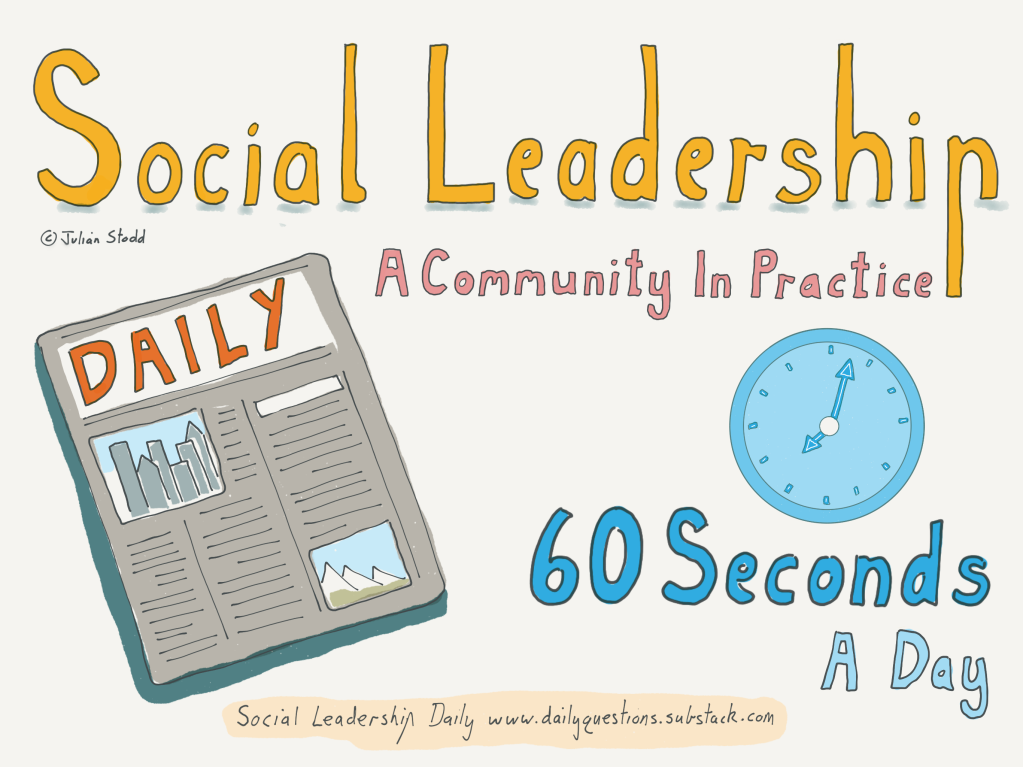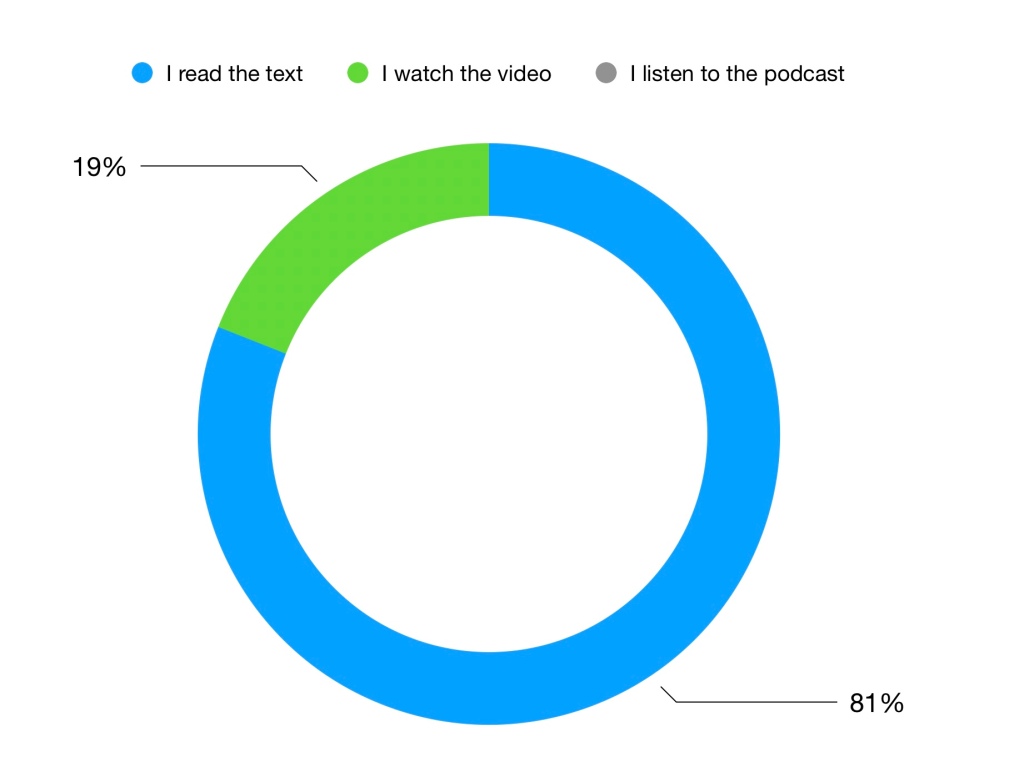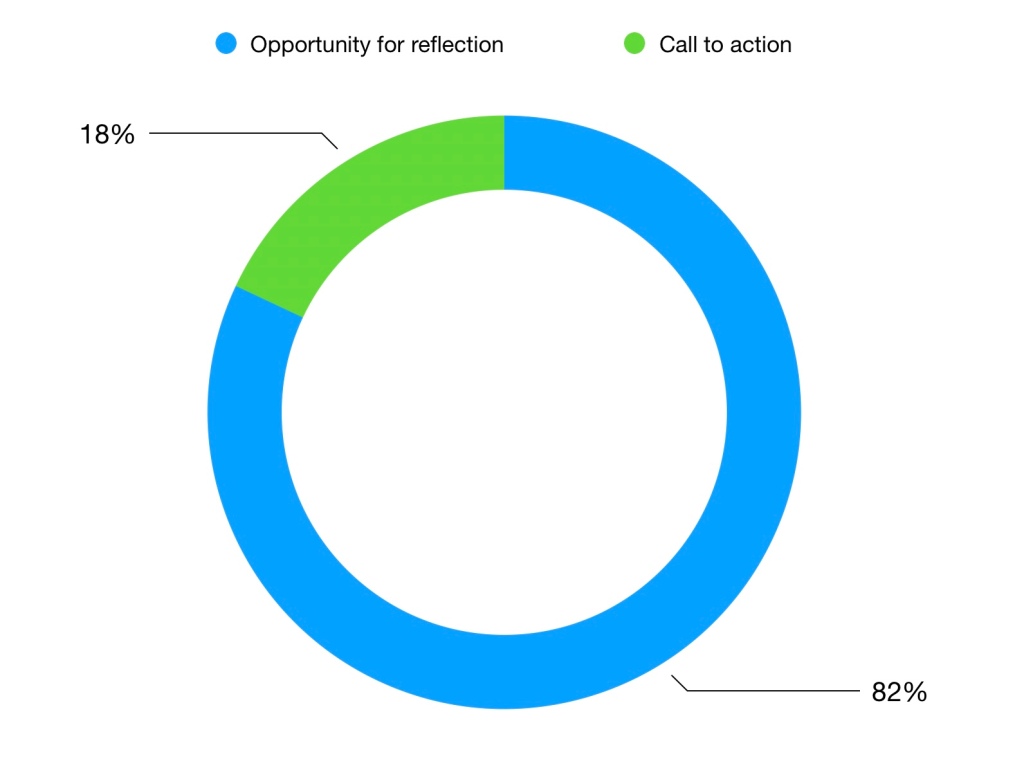As some of you may know, i run a small community called ‘Social Leadership Daily’, which is about the practical application of Social Leadership in our everyday actions. But, crucially, in the very smallest of actions. The premise is that we take just sixty seconds a day to consider a question, provocation, or to take a tiny action, but that we do this every day. It’s not taught work, but rather a space to be in a dialogue with our individual practice (individually, but in the arms of a community).

I really enjoy this work: elsewhere much of my day is spent on research, working on ideas, or with clients doing actual work… but there is an honesty about the Social Leadership Daily work that is important. I like how it holds me to account: not just to look to the horizon, but to take steps right here and now, today.
When i first published the ‘Social Leadership Handbook’, the very next thing i worked on was ‘Social Leadership: My 1st 100 Days’ a book of 100 practical questions and activities for Social leadership, taking 3-5 minutes a day. Similarly, when i published ‘The Trust Guidebook – 72 questions about Trust’, the book that followed was ‘The Trust Sketchbook’, a half completed illustrated book that you drew in yourself, to complete your personal picture. And more recently ‘The Humble Leader’ is a guided reflection for Social Leaders.
I like how books can help us to reflect, either by creating a scaffolding, or with a community to support our own accountability.
Whilst Social Leadership 100 was very successful (and still is!), the Trust Sketchbook was far more fragile – a small group of people carried it a long way, but it never really took flight, and when i look back on it now, i realise i learnt a lot from the process. Some of it practical: the design of the book ended up being non standard in dimensions, which made it expensive to produce – needlessly so, as i could of just designed it to a common standard – but also it left a lot to the individual, but perhaps without enough support. So 3-5 minutes a day worked, in a 100 day format, but an open sketchbook less so.
I stated Social Leadership Daily on a whim, partly to test out the (then) new SubStack platform, but it rapidly grew to a pretty dynamic community. I had not intended to go past 100 days with it, but now find myself heading towards 600 days. I have taken a few breaks, when life got too busy, or the work simply because stuck, but i keep coming back to it, and last week, i the very first light touch research, i asked the community themselves why they engage with this work. The answers surprised me a little.
Social Leadership Daily has a sixty seconds video, alongside a few paragraphs of text, and i usually also include a photo – just something from nature, from my parallel love of photography. It’s really rather random. So what do people engage with?
Please note that the following work is from a very light touch research effort, with around 5% of the community, who self selected, responding over a 3 day period. This analysis carries no statistical significance but rather gives me a brief snapshot of what is happening within this individual community. I share it for interest only, not to generalise the points beyond this somewhat unique context.
- What is your main way of engaging with this work? [37 Responses]
This one surprised me the most: 81% prefer to read the work, whilst 19% prefer the video. I realise that i probably bought my own bias to this, because i spent so long figuring out the best workflow for the video that i thought everyone would watch it… but of course i myself barely ever watch videos, i much prefer to read things. So… note to self… test assumptions earlier…

I should note that the video and text are similar, but not the same. I don’t read the text, but rather talk around the same points – but often i weave a bit more of a (often rambling) narrative into the video! So i’m aware that i’m not comparing direct like for like.
[if you followed the survey on Substack, you will see that there is a 3rd option, as to whether you listen to the podcast. Nobody who responded to the survey listens to the podcast – but it’s a rather odd feature of Substack – i have it publish the podcast, and i have quite a few subscribers to it, but it’s kind of a totally different audience. I suspect most podcast subscribers do not know, or engage with, the Substack site].
2. What do you find most valuable? [33 Responses]
I gave two options – the ‘opportunity for reflection’, or the ’calls to action’.

Now this is an interesting thing, because i deliberately use two formats for Social Leadership Daily. It is unashamedly a reflective space, but that reflection is upon our practice, and it’s a longitudinal dialogue. Not one shot and gone – we keep coming back, every day, and sometimes we circle around to the same idea many times.
The first format is a question: ‘use your sixty seconds a day to consider…’
The second format is for Action Days, where i encourage readers to ‘step away from this email and take action – but the smallest of actions’… often this is to use gratitude, kindness, or to invest something in others. We probably have one or two Action days a month (i aim for every two weeks).
Clearly people value the reflection. 82% vs 18%. I kind of wish i had designed it in such a way that i could correlate between the first two question… do people who prefer to consume video prefer action?!
Why am i so fixated on this? Well partly because in my broader Social Learning work i see that people really deeply value the opportunity for reflective space – especially with some scaffolding or guidance. Indeed, in the recent cohorts i’ve put through the Mid Manager programme (across 7 different Organisations), when i ask them about the top things that they have taken from the programme, they typically describe the time for reflection itself within the top three things.
I think that the term ‘reflection’ is sometimes – and unfairly – targeted as a dirty word by people who procure programmes. It’s much more common that people ask me what the practical takeaways will be, than they ask me anything at all about the nature, opportunity, and experience of reflection.
But reflective practice is not an idle venture: reflection is a key part of ‘sense making’ and the creation of ‘meaning’, as we explore in the new Learning Science Guidebook, and indeed the facilitation of reflective practice through Generative AI tools promises to be transformative for Organisational Learning.
Reflection is both a foundation for action, but also a foundation of the creation of meaning, which is the context within which action takes place. If the context is wrong, so too is the action.
I feel we need to make peace with Reflection! And to recognise that it’s not the opposite of action, but the foundation for it.
3. Why are you here? [32 Responses]
This may seem like a blunt question, but i gave four options: for myself, for my community, for my organisation, or for a different reason.

Overwhelmingly, people say that they are here ‘for themselves’. Of course i find this encouraging: this work is a community of people who have chosen to be here. And this work is not about Organisations, rather it is about our individual leadership voice and practice. It is a personal reflective space.
Other thoughts
One reason that i love the Social Leadership Daily work is that it feels a bit like cheating, and a bit of a guilty pleasure. Also: a bit like a waste of time, and a bit like a distraction. It is time spent on ‘self’, but really very purposeful too. People left a range of other comments for the research.
People like the short format, and whilst saying that they are here ‘for themselves’, in the broader open text offered, they often relate it back to their practice. Not in a linear sense, as with a course, but in terms of how they are spending time on themselves in relation to their everyday practice. The sense i often have it that the community provides them (and me…) with an excuse to be ‘out of the flow’ of work, but in the flow of my own practice.

